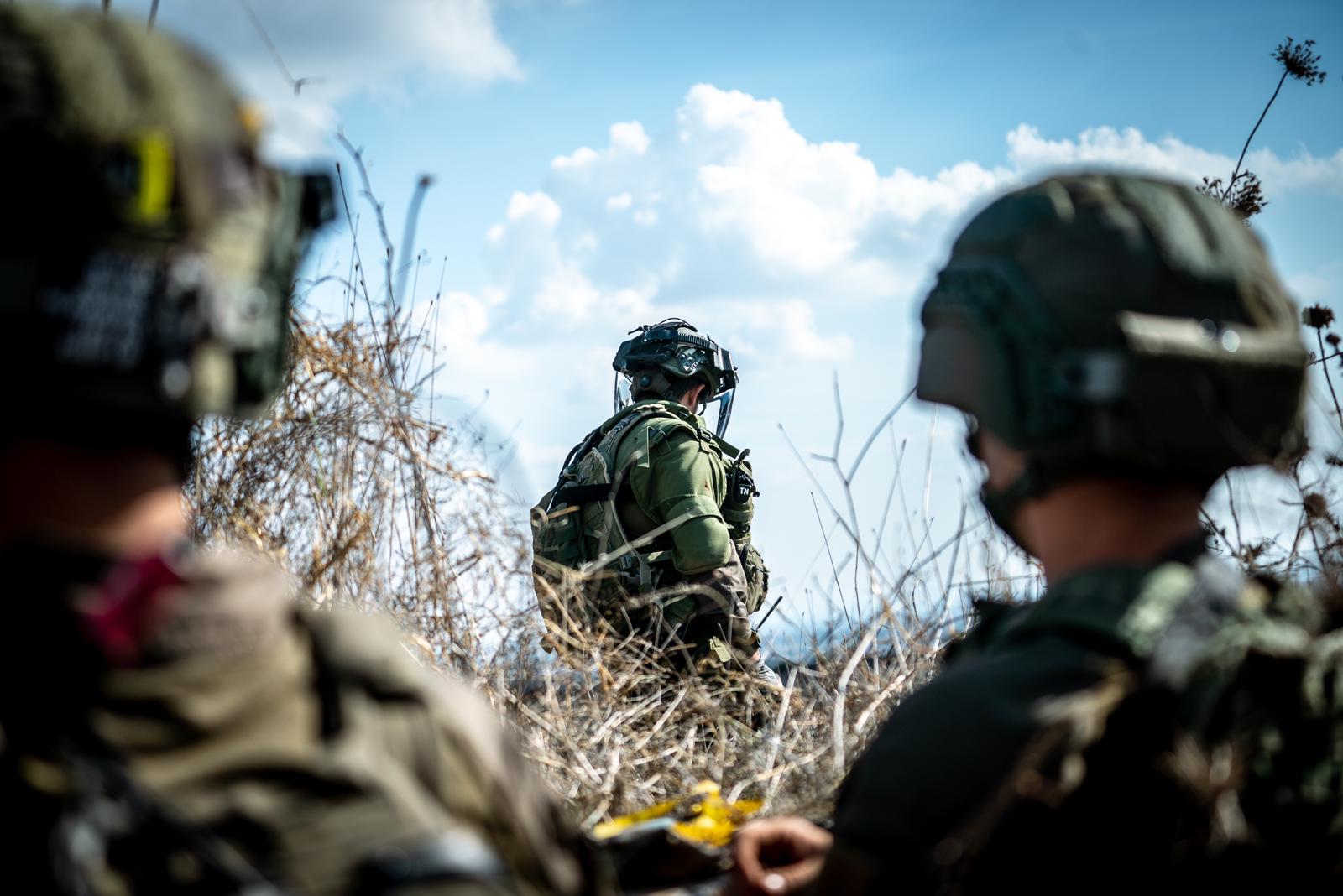What’s Most at Stake for Counterterrorism Policy in the 2012 Election
Earlier today I argued that a Romney administration would not pursue significantly different counterterrorism policies than a second Obama administration. Below I note three caveats to this claim, and I describe what I think is most at stake in the election for counterterrorism policy.
Caveat 1: Both Ben and I qualified our claims for continuity to “over the short term.” It is hard to predict continuity beyond the short term for the same reason that there was not contin
Earlier today I argued that a Romney administration would not pursue significantly different counterterrorism policies than a second Obama administration. Below I note three caveats to this claim, and I describe what I think is most at stake in the election for counterterrorism policy.
Caveat 1: Both Ben and I qualified our claims for continuity to “over the short term.” It is hard to predict continuity beyond the short term for the same reason that there was not continuity throughout the Bush administration or the Obama first term: Facts on the ground change over time (new and attempted attacks, new threats, new intelligence, new political alignments in Congress, new court decisions, and the like), and these changes would lead to policy changes by any administration.
Caveat 2: If President Obama wins, his political calculus on national security immediately changes in this respect: He has no reelection worries, and will start worrying more about his historical legacy, however he conceives it. All things equal, this will, I think, lead Obama to care less about the negative political consequences of actions like releasing GTMO detainees and pushing criminal trials, and to push more in this and related “dovish” directions to freshen his legacy on civil liberties. It will also (for example) lead Obama more than Romney to resist renewal and expansion of AUMF authorities. Assuming the security environment permits, Obama will not want to be the President who signs that Bill.
Caveat 3: As far as counterterrorism policies are concerned, what is most at stake in the election contest between Obama and Romney are differential categories of trust and mistrust, and resulting asymmetries in their abilities to get things done. Because Obama is a democrat who came to office with a civil liberties reputation, he garners more trust, support, and leeway from the public, Congress and courts than a hawkish republican when it comes to “aggressive” counterterrorism actions (drone strikes, indefinite detention, proxy detentions, and the like), but less trust, support, and leeway on “dovish” counterterrorism policies (like closing GTMO and criminal trials). By contrast, and for mirror image reasons, Romney would (like Obama’s predecesor) have more leeway to reduce the GTMO population and conduct criminal trials but would receive more scrutiny and criticism, and have less room for maneuver, for drone strikes and proxy detentions. There are many complications here, but the bottom line is that a democratic president has more leeway than a republican one to conduct aggressive counterterrorism policies, and less leeway to conduct dovish ones.
Jack Goldsmith is the Learned Hand Professor at Harvard Law School, co-founder of Lawfare, and a Non-Resident Senior Fellow at the American Enterprise Institute. Before coming to Harvard, Professor Goldsmith served as Assistant Attorney General, Office of Legal Counsel from 2003-2004, and Special Counsel to the Department of Defense from 2002-2003.


.jpg?sfvrsn=407c2736_6)


